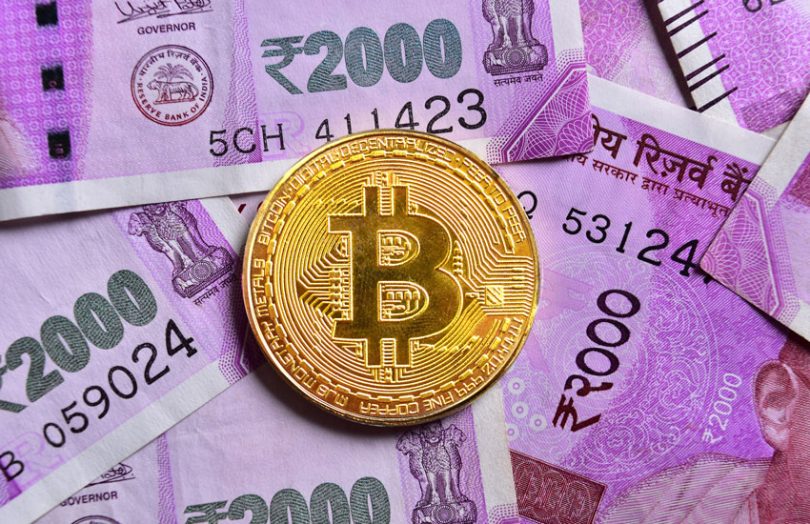Today, the Supreme Court of India issued a judgment that reverses the central bank’s ban on cryptocurrency trading. However, the respite could be short-lived with new legislation in the works.
Last year, the Reserve Bank of India (RBI) sent out a circular to regulated entities banning dealings in crypto, citing a threat to the banking system. Over the past few years, the RBI advised investors to refrain from trading in cryptocurrencies due to risks such as price volatility.
While holding crypto was not technically banned, banks and other clearing and settlement firms were barred from providing services to trading houses.
The RBI resolution was challenged in the Supreme Court by The Internet and Mobile Association of India, representing various cryptocurrency exchanges. The petitioner said that in the absence of a law banning cryptocurrency, exchanges were within their constitutional rights to continue business as usual. It added that RBI could not deny them access to banking channels to carry on business.
However, the RBI defended itself by stating that any alternate payments system could undermine the current banking system of the country, and acted as a monetary policy regulator.
The petitioners argued that the RBI had no jurisdiction over the matter, and crypto was a mode of digital payment than a currency. The status of cryptocurrencies is still being determined in India. Still, the U.S. Securities and Exchange Commission (SEC) and the UK’s Financial Conduct Authority (FCA) have classified many of them as securities.
“As the only petitioner still operating, we are thankful to the Supreme Court for hearing our side of the story and are humbled to see that the case presented successfully highlighted the role which crypto has to play in enabling India’s future growth and forming a new innovative sector of the economy,” said Sumit Gupta, Co–founder and CEO of CoinDCX.
However, the ruling (which we haven’t yet seen in full) may not be an endorsement of cryptocurrencies, more a judgment about whether the RBI was within its rights to issue the circular.
While India’s top court has ruled in favor of crypto, the industry may face hurdles if the government instead implements a law. The Department of Economic Affairs has proposed a draft bill, Banning of Cryptocurrency and Regulation of Official Digital Currency Bill, 2019. The bill is yet to be tabled for discussion in parliament, and Inc42 reported that it is under reconsideration.
Meanwhile, India is looking to establish a National Strategy on Blockchain, which suggests working on a public permissioned blockchain and a Central Bank Digital Rupee (CBDR).
A recent survey by MORI and OMFIF showed that the Indian population is very keen on digital currencies, private or public.






